Ex-KLA to testify in Kosovo organ trafficking case
The Serbian War Crimes Prosecution has a witness ready to testify in its favor in the case of illegal human organ trafficking in Kosovo.
Sunday, 09.09.2012.
18:20

BELGRADE The Serbian War Crimes Prosecution has a witness ready to testify in its favor in the case of illegal human organ trafficking in Kosovo. The report of the existence of the witness has been carried by the French news agency AFP. The crimes in question took place in 1999 and 2000 in Kosovo, as well as in northern Albania. Ex-KLA to testify in Kosovo organ trafficking case The witness is reportedly a former member of the ethnic Albanian KLA. Serbian War Crimes Prosecutor Vladimir Vukcevic told the AFP that the person is prepared to testify as a protected witness. Vuckovic's deputy, Bruno Vekaric, told B92 in Belgrade on Sunday that the prosecution did have a new witness in the case, which has been informally known in the Serbian media as the Yellow House case. Vekaric said the prosecution worked "for 16 months" to verify the statements of this witness. The witness is well, he is protected and safe, the deputy war crimes prosecutor revealed, and added that "all colleagues" who show interest in interviewing him will have a chance to do so. Vukcevic was meanwhile quoted as saying by the AFP that the prosecution had a witness willing to testify about "medical procedures performed in northern Albania" - where Serb and other civilians kidnapped in Kosovo are believed to have been illegally imprisoned. Vukcevic specified that this "medical procedure" referred to "extraction of organs from kidnapped Serbs". According to the prosecutor, the witness described in detail "the removal of the heart of one Serb prisoner, in a place near (the northern Albanian town of) Kukes in the late 1990s". "The heart was later sold in the black market. He described the procedure in detail," Vukcevic stated, and added that the witness also said the extracted organs were transfered to the airport in Tirana. B92 was the first media outlet to cover reports about human organ trafficking, when a B92 TV crew in 2008 traveled to northern Albania, to a house some 20 kilometers away from the village of Burrel, where the crimes are believed to have taken place. It was former Chief Hague Tribunal Prosecutor Carla Del Ponte who first revealed the allegations in her book published in 2008. In 2004, the allegations were investigated by UN mission in Kosovo, UNMIK officials. B92 exclusively published photographs collected during that investigation, along with excerpts of an UNMIK report filed in 2003: "Witness accounts relate to the kidnapping of Serb civilians, and in some cases members of the Yugoslav Army and the MUP, from July until August 1999, who were transferred across the border to Albania." The report further said that the victims were gathered in camps in northern Albania, in Tropoj, and in the Kukes area. "(The prisoners) were fed well in the camps where they were imprisoned. After that, they were transferred to improvised clinics near Tirana, where their organs were extracted and then transported to Turkey in order to be sold. It is also claimed that the remains of the Serbs were transferred to Albania." The case was later investigated by Council of Europe (CoE) Special Rapporteur Dick Marty, whose report published in late 2010 named members of the ethnic Albanian so-called Kosovo Liberation Army (KLA) as perpetrators of the atrocities. A resolution adopted by the Council's Parliamentary Assembly called for an investigation to be launched, while Serbia, in parallel with investigating the case via its War Crimes Prosecution, has been attempting to secure an international probe under the UN umbrella. A total of 1,776 persons are listed as missing from the conflicts in Kosovo, 512 of them Serbs or other non-Albanians. According to Carla Del Ponte's account, some 300 people, mostly Serbs, were the victim of illegal organ harvesting. B92
Ex-KLA to testify in Kosovo organ trafficking case
The witness is reportedly a former member of the ethnic Albanian KLA. Serbian War Crimes Prosecutor Vladimir Vukčević told the AFP that the person is prepared to testify as a protected witness.Vučković's deputy, Bruno Vekarić, told B92 in Belgrade on Sunday that the prosecution did have a new witness in the case, which has been informally known in the Serbian media as the Yellow House case.
Vekarić said the prosecution worked "for 16 months" to verify the statements of this witness.
The witness is well, he is protected and safe, the deputy war crimes prosecutor revealed, and added that "all colleagues" who show interest in interviewing him will have a chance to do so.
Vukčević was meanwhile quoted as saying by the AFP that the prosecution had a witness willing to testify about "medical procedures performed in northern Albania" - where Serb and other civilians kidnapped in Kosovo are believed to have been illegally imprisoned. Vukčević specified that this "medical procedure" referred to "extraction of organs from kidnapped Serbs".
According to the prosecutor, the witness described in detail "the removal of the heart of one Serb prisoner, in a place near (the northern Albanian town of) Kukes in the late 1990s".
"The heart was later sold in the black market. He described the procedure in detail," Vukčević stated, and added that the witness also said the extracted organs were transfered to the airport in Tirana.
B92 was the first media outlet to cover reports about human organ trafficking, when a B92 TV crew in 2008 traveled to northern Albania, to a house some 20 kilometers away from the village of Burrel, where the crimes are believed to have taken place.
It was former Chief Hague Tribunal Prosecutor Carla Del Ponte who first revealed the allegations in her book published in 2008. In 2004, the allegations were investigated by UN mission in Kosovo, UNMIK officials. B92 exclusively published photographs collected during that investigation, along with excerpts of an UNMIK report filed in 2003:
"Witness accounts relate to the kidnapping of Serb civilians, and in some cases members of the Yugoslav Army and the MUP, from July until August 1999, who were transferred across the border to Albania."
The report further said that the victims were gathered in camps in northern Albania, in Tropoj, and in the Kukes area.
"(The prisoners) were fed well in the camps where they were imprisoned. After that, they were transferred to improvised clinics near Tirana, where their organs were extracted and then transported to Turkey in order to be sold. It is also claimed that the remains of the Serbs were transferred to Albania."
The case was later investigated by Council of Europe (CoE) Special Rapporteur Dick Marty, whose report published in late 2010 named members of the ethnic Albanian so-called Kosovo Liberation Army (KLA) as perpetrators of the atrocities. A resolution adopted by the Council's Parliamentary Assembly called for an investigation to be launched, while Serbia, in parallel with investigating the case via its War Crimes Prosecution, has been attempting to secure an international probe under the UN umbrella.
A total of 1,776 persons are listed as missing from the conflicts in Kosovo, 512 of them Serbs or other non-Albanians. According to Carla Del Ponte's account, some 300 people, mostly Serbs, were the victim of illegal organ harvesting.












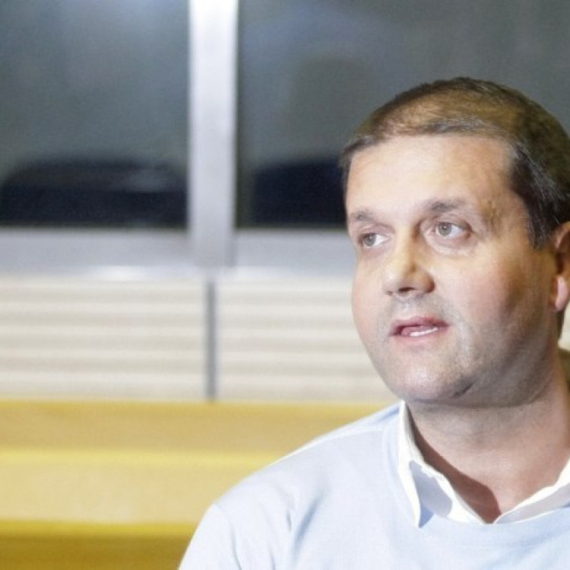




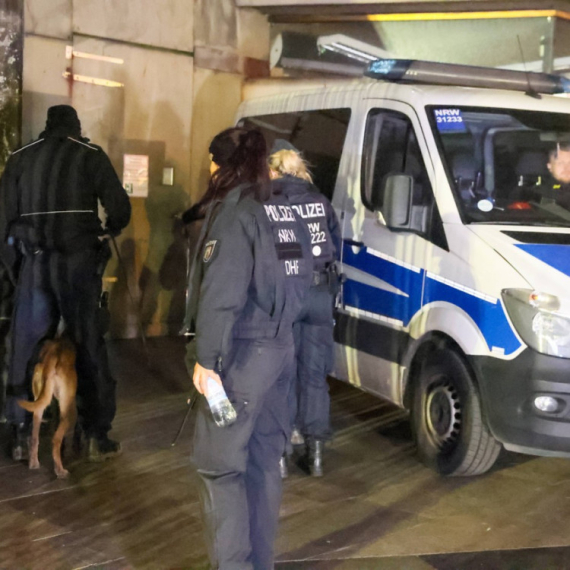
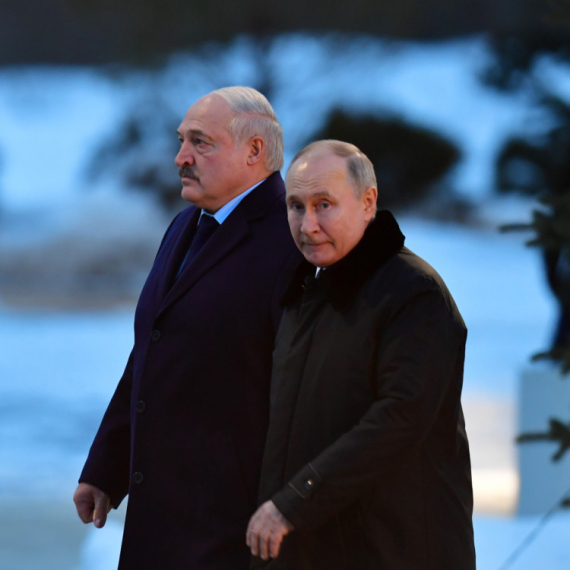
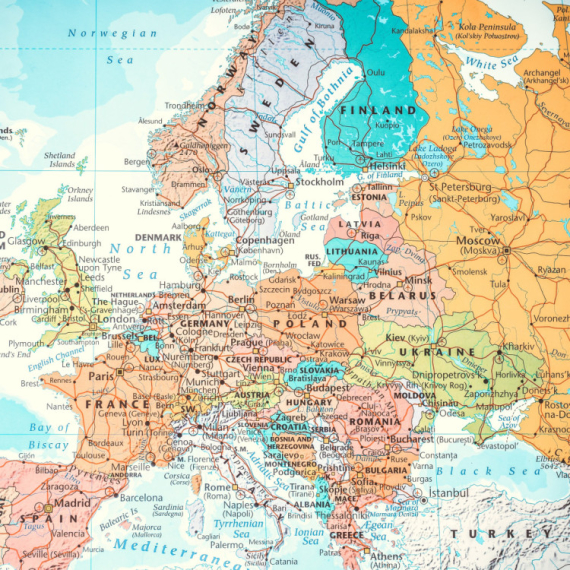
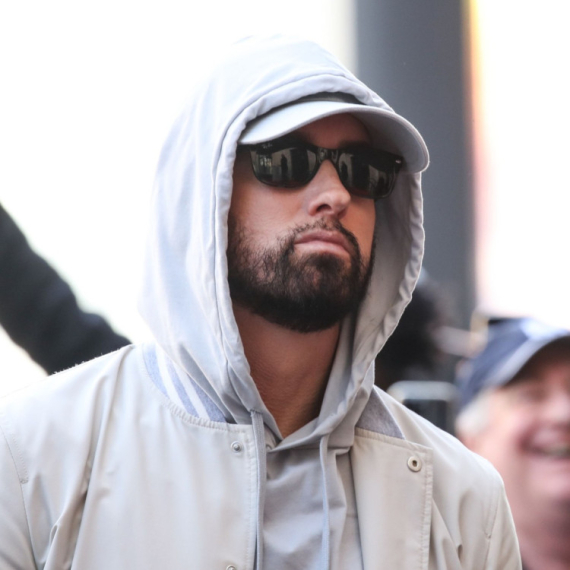
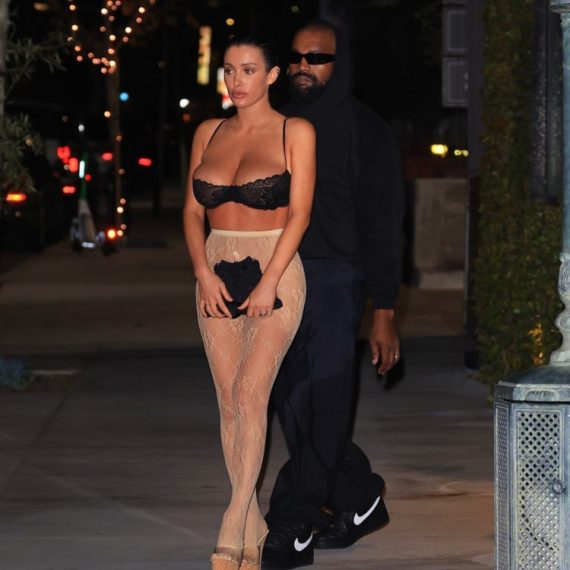






























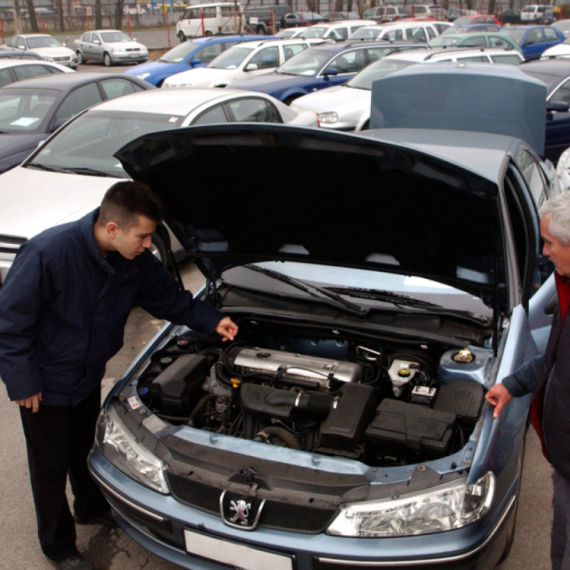
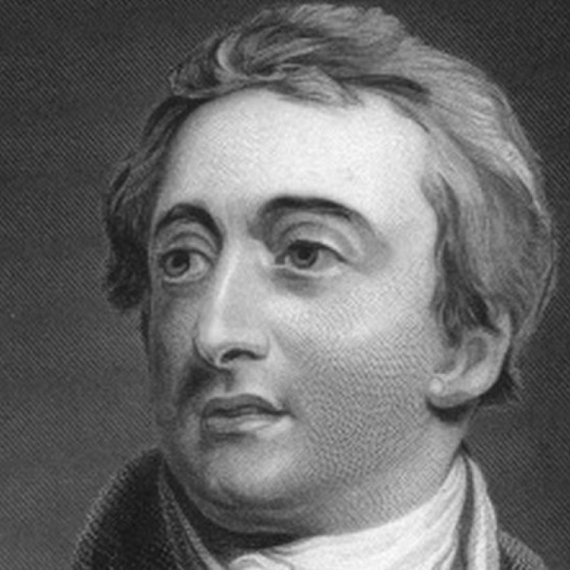
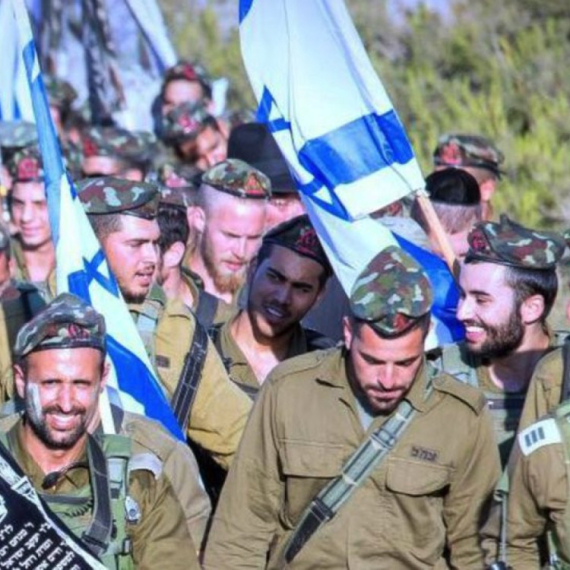




Komentari 40
Pogledaj komentare